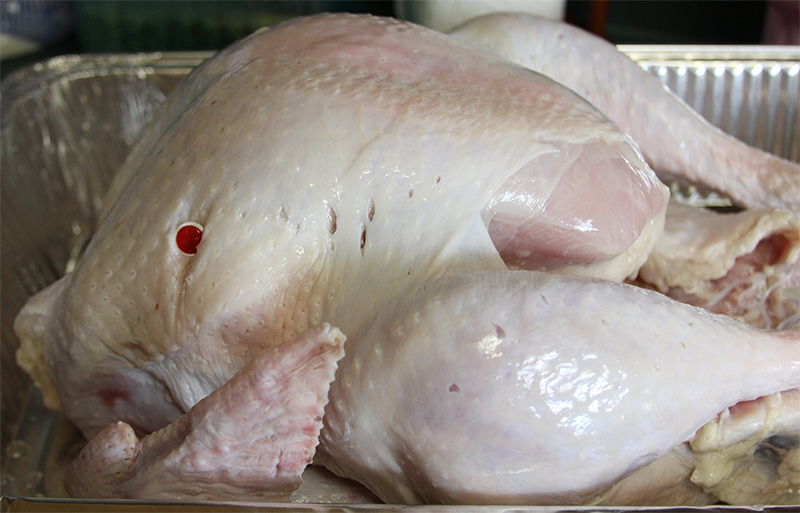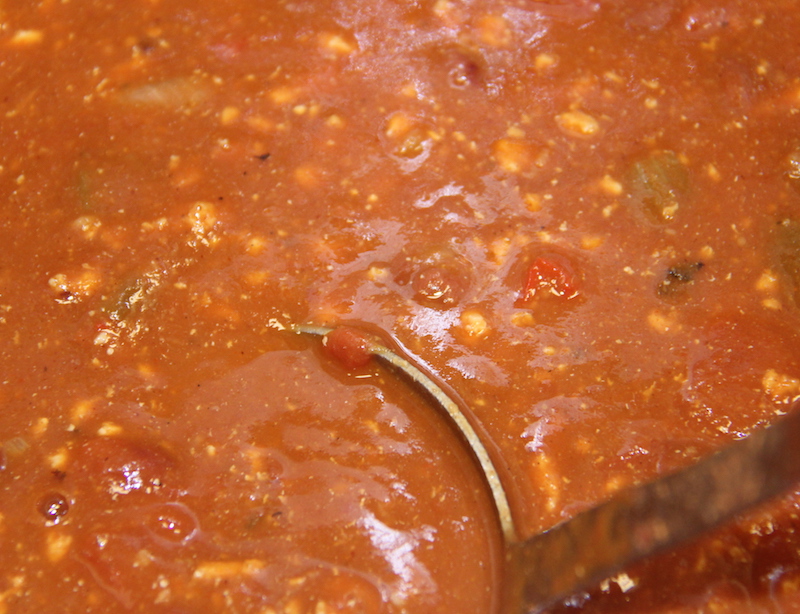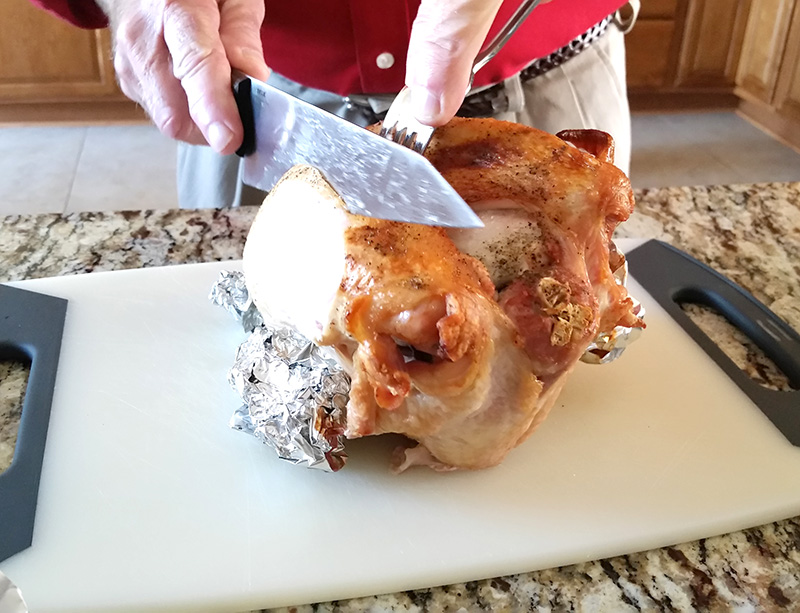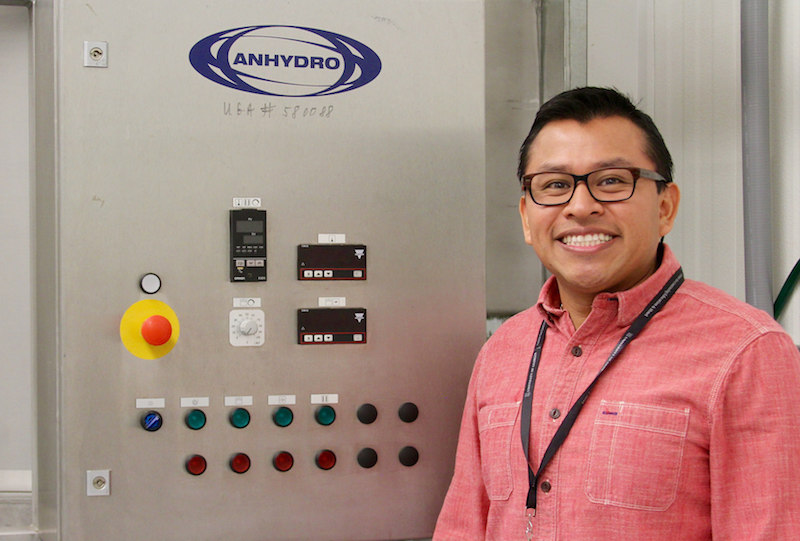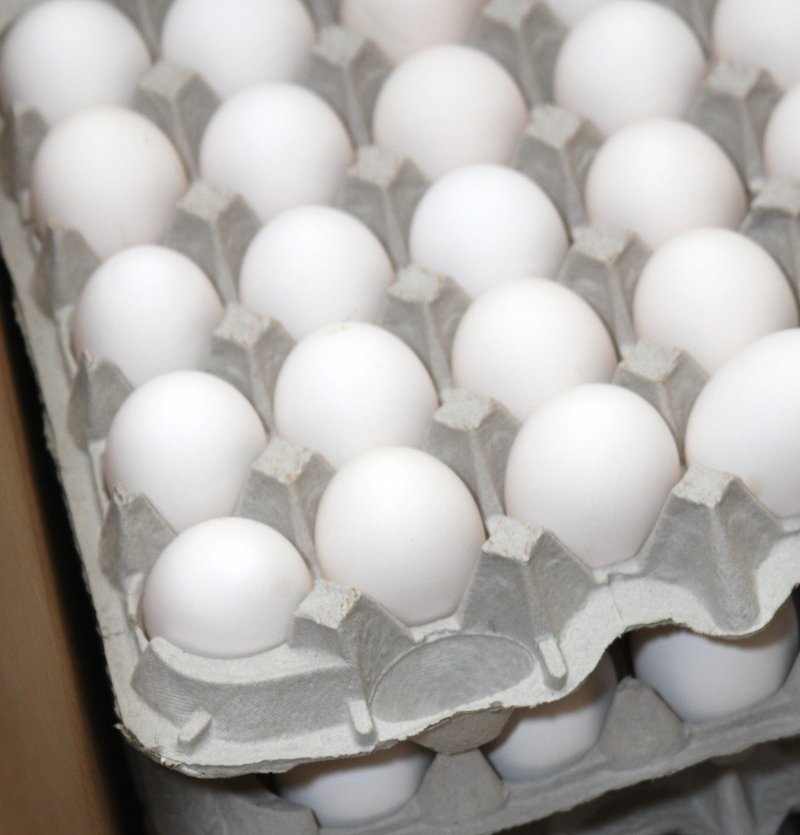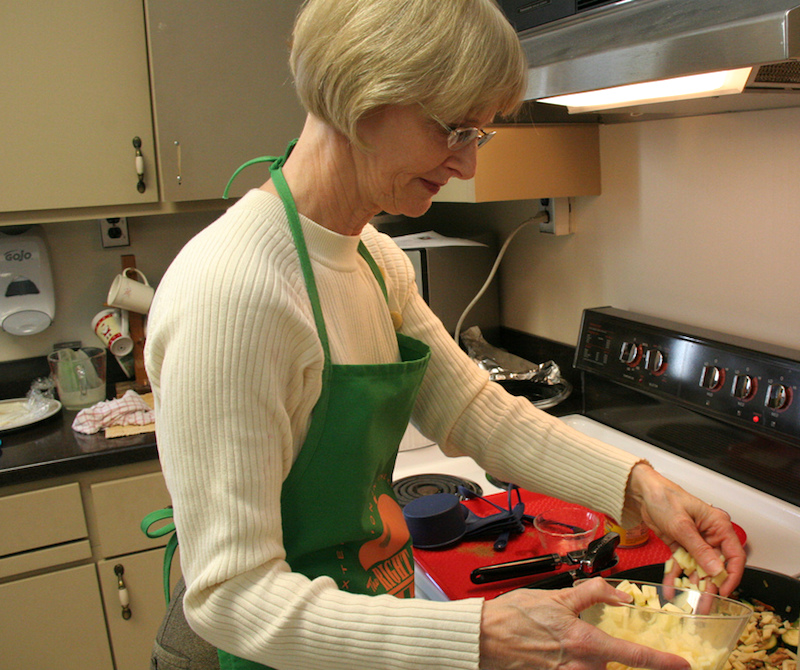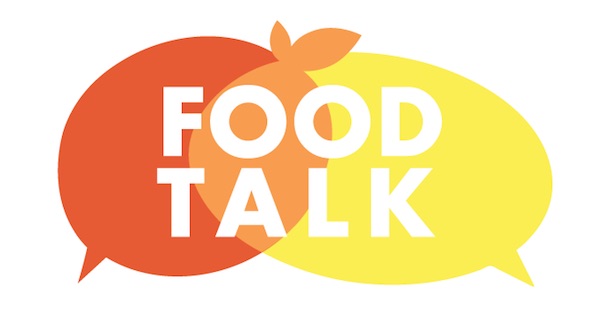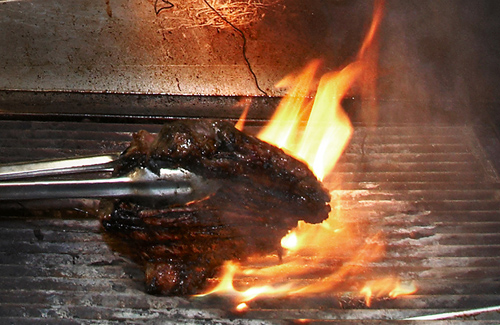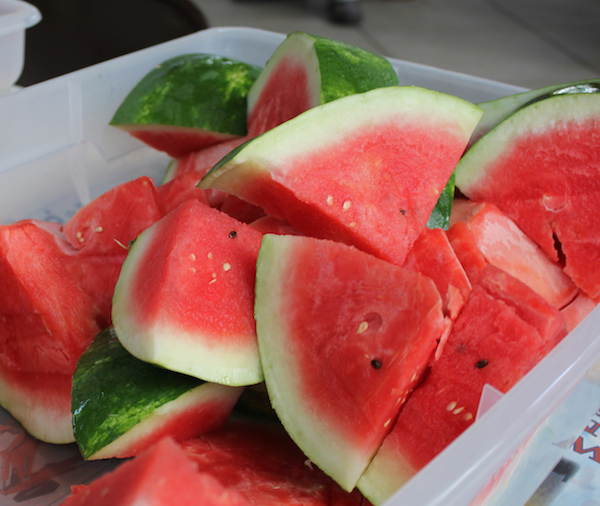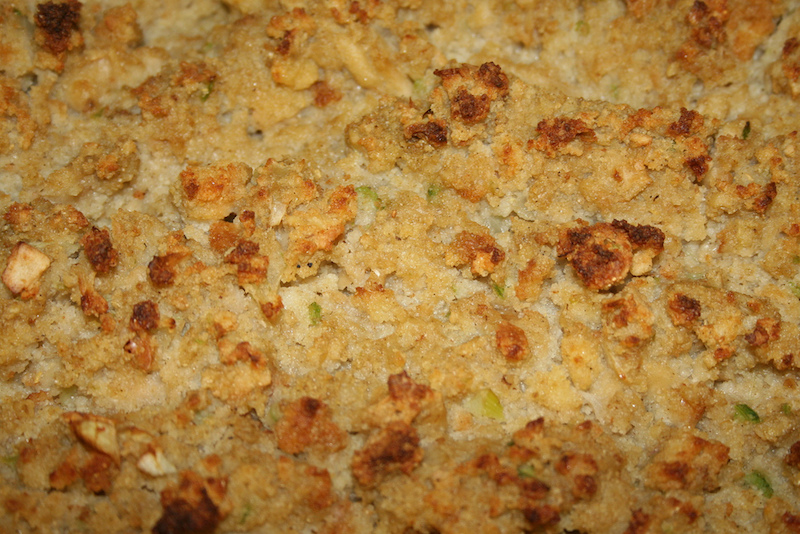 CAES News
CAES News
Frozen Holiday Treats
For those who love to prepare meals during the holidays, relieve some of the stress associated with cooking by preparing and freezing holiday treats in advance. Freezing prepared foods allows you the satisfaction of homemade meals with the convenience of store-bought ones.

